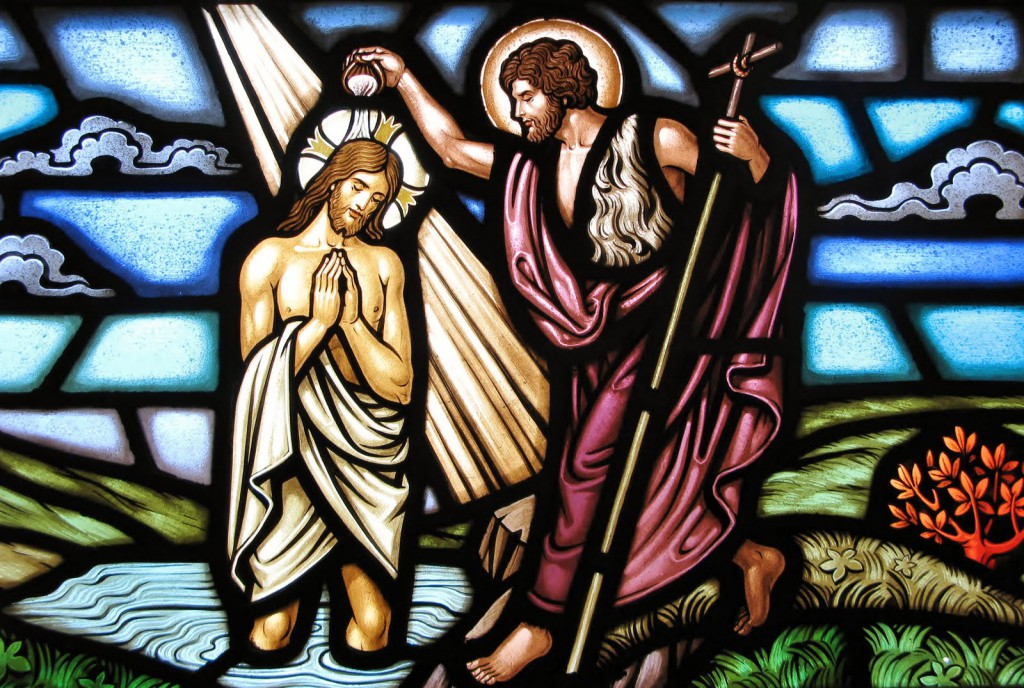
A friend who has a degree in theology recently told me that if we are baptised we are assured of heaven. I didn’t argue with him because he knows a lot more than I do. Is what he says true?
It is certainly not true, and we know this in a variety of ways.
We can begin with the nature of man as God made us, and as he looks upon us.
He made us in his own image and likeness, unlike other animals, and so we have an intellect to know the truth and a free will to choose whether to follow the truth or not.
God respects our freedom, our free choices. He doesn’t take us to heaven automatically but he does give us all the graces we need to get there, beginning with the grace of Baptism.
God treats us as his children, not as toys or robots. He wants us to choose freely to do his will and to repent freely when we have failed to do so.
If we have lived well and are in the state of grace when we die, we will go to heaven by our own free choice.
But not everyone lives this way. Common sense and life experience remind us of the many people who have been baptised and then turn away from God and live very immoral lives.
If they die in that state they will not be saved. The Catechism of the Catholic Church makes this clear: “To die in mortal sin without repenting and accepting God’s merciful love means remaining separated from him for ever by our own free choice” (CCC 1033).
The Second Vatican Council says as much. In the Dogmatic Constitution on the Church, Lumen gentium, we read: “[Christ] himself explicitly asserted the necessity of faith and Baptism, and thereby affirmed at the same time the necessity of the Church which men enter through baptism as through a door. Hence, they could not be saved who, knowing that the Catholic Church was founded as necessary by God through Christ, would refuse either to enter it, or to remain in it” (LG 14).
So a baptised person who, with full knowledge of what they were doing and with full consent, refused to remain in the Church, would not be saved.
This is borne out in the punishment of excommunication which applies for the sins of heresy, apostasy (the total rejection of the faith) and schism of a baptised person.
The excommunication, which can be lifted only if the person repents, has effect as regards the person’s relations with God: “Whatever you bind on earth shall be bound in heaven, and whatever you loose on earth shall be loosed in heaven” (Mt 16:19).
As if this weren’t enough, we have the practice of the Church in her funeral rites. We know that Baptism remits original sin and leaves the soul in the state of grace, so that if the person has not committed any personal sins after Baptism they will most certainly go to heaven.
Thus when a baptised infant dies before reaching the age of reason, the funeral Mass has white vestments and the prayers indicate the firm belief of the Church that the infant is most certainly in heaven.
An example of the Opening Prayer of these Masses is: “… grant that one day we may inherit eternal life with him (her), whom, by the grace of Baptism, you have adopted as your own child and who we believe is dwelling even now in your kingdom.”
But when a baptised adult dies, the Church does not presume that the person has gone to heaven.
Rather, it prays for the repose of their soul with prayers like “… grant, that through this mystery your servant N, who has fallen asleep in Christ, may rejoice to rise again through him.”
In this whole matter, it is of no use quoting scriptural passages like “He who believes and is baptised will be saved; but he who does not believe will be condemned” (Mk 16:16) as if this meant that Jesus is guaranteeing eternal salvation to anyone who is baptised.
Not for nothing does Jesus add that in addition to being baptised the person must also believe. If they do not believe they will be condemned.
So we should be under no false illusions. Baptism alone does not guarantee our eternal salvation.
We must also live and die well and God, in his mercy, gives us all the graces we need to do that. He wants all to be saved (cf 1 Tim 2:4).